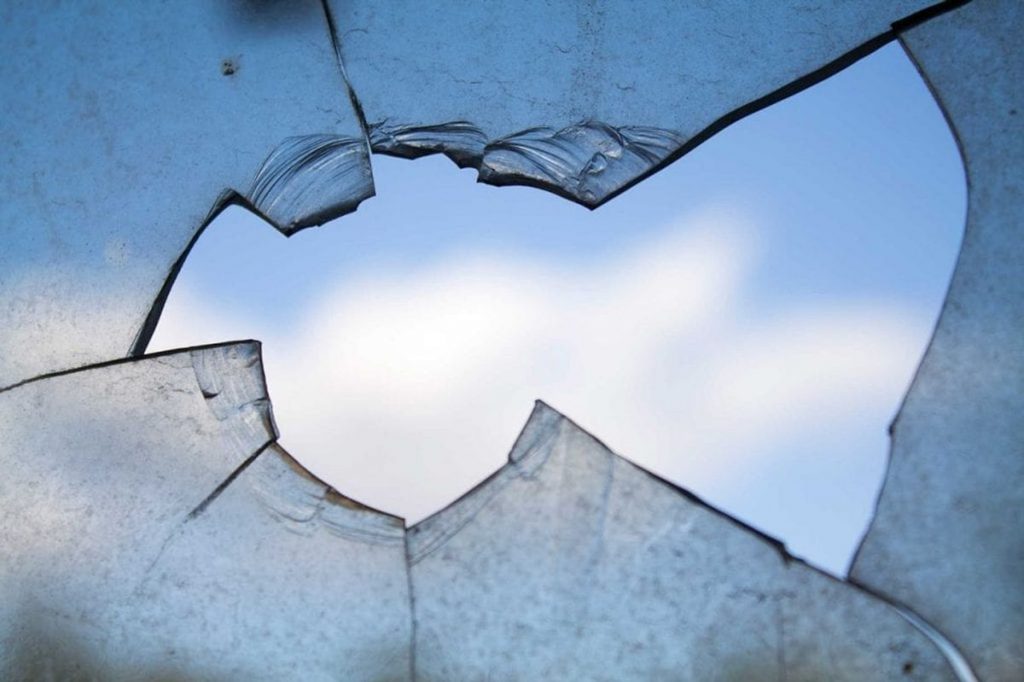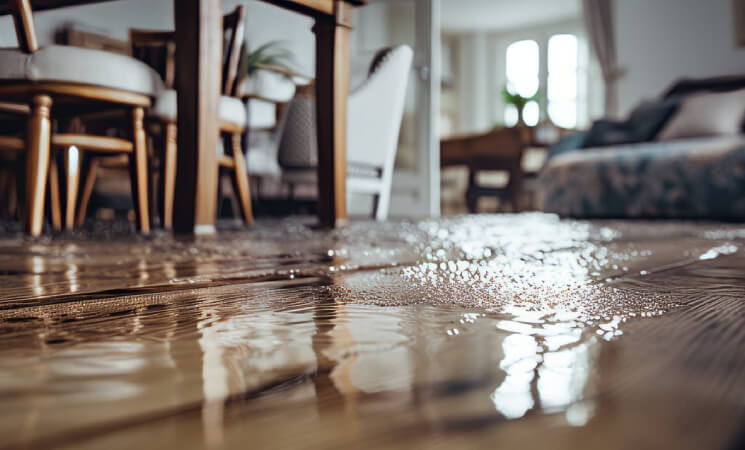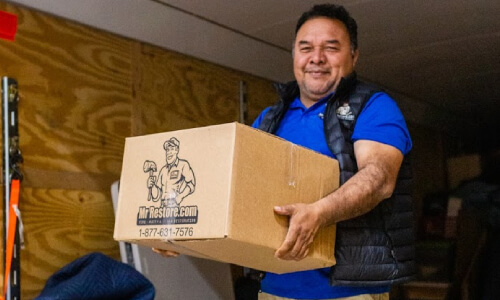
Storm damage in Fort Worth, TX can be catastrophic. Striking pictures of absolute devastation caused by Irma, Katrina, and other disastrous typhoons, cyclones and storms may persuade that very little is possible to shield and protect property from such a horrible storm.
In any case, basic steps can be taken to limit storm damage in Fort Worth, TX . But there are also some wrong ideas about protection from storms.
The hurricane Irma in the year 2017 was the center of so many misconceptions and rumors that Federal Emergency Management Agency (FEMA) had to intervene and try to clear the misconceptions about storms.
The horrific devastation of the storm had the people believing that there is such a thing as Category 6 hurricane. In reality, the Saffir-Simpson Hurricane Wind Scale goes only to Category 5 as the maximum classification, regardless of the strength of the winds of the storm.
Many of the commonly believed misconceptions can result in increasing the storm damage.. These dangerous misconceptions and myths need to be clarified along with giving tips to actually protect their lives, homes and other valuable property from storm damage.
So in this article we will discuss the 5 don’ts and the 5 do’s of storm damage. This information can help people make smart, educated decisions to ensure that the devastation from the storm is minimized.
What not to Do:
The following 5 common misconceptions regarding hurricanes, tornadoes and storms are proven to be wrong and can be dangerous if people continue to believe in these false myths.
Misconception 1: Putting tape on windows will protect them from shattering during a storm.
Don’t put tape over the windows. More than fifty percent of the American public wrongly believes that applying tape on the windows of their homes will stop the glass from breaking.
With regards to glass, tape is not a wise choice; it can risk the entire pane to be released from the window. Specialists consider storm screens or shutters specifically designed to withstand storm or using plywood that covers the whole window to be more secure options. Reliable companies that offer protection and restoration from storm damage will be able to guide in this regards.
Misconception 2: The dishwasher is a safe place to put valuables in order to protect them from water damage.
Don’t put your valuables inside a dishwasher during a storm. The prevalence of this misconception is due to the fact that dishwashers are good at letting the water from pouring out. So likewise, it is wrongly assumed that the dishwasher will also be able to prevent water from going inside the dishwasher. This myth has been debunked by several experts. And if your home is flooded it is very possible that the dishwasher will also get flooded and damage your valuables. Companies that offer water damage restoration in Fort Worth, TX are a reliable source of guidance in this regards.
Misconception 3: Medication for a few days is all that is needed before storm.
Don’t run short on medicine by not planning properly. To avoid being out of crucial medication during a storm, it is important that you are properly stocked. Pharmacies and medical stores may not be operational for weeks after a storm. Patients need to visit pharmacies before the storm and get their refills so that they have the necessary medication after the storm.
Misconception 4: Pressure will stabilize by opening windows during a hurricane.
Don’t open windows during a storm. Opening windows and garage doors during a hurricane will only increase the storm damage and will not balance the pressure.
Structures aren’t sealed shut, and there are numerous little openings all through a home that makes it unnecessary to open windows.
Fundamentally, leaving those huge openings will result in more wind and storm to enter your house, which implies that the wind will move more violently in your home and cause a lot more damage.
Misconception 5: If the weather appears to be fine it is alright to stay and not evacuate even when there has been an evacuation order.
Don’t disregard evacuation orders. In the event that a compulsory evacuation order has been issued due to a potential hurricane or storm that is going to hit, specialists strongly advice that you leave your home as soon as possible. Ignoring the evacuation order or waiting the last moment to leave the house can result in being risky and very dangerous for you and your family and the emergency rescue teams a well when they would be required to protect you from the middle of a storm.
What to do:
The following tips and guidance will help you prepare your home to minimize the storm damage.
Suggestion 1. Protect your windows
Openings like doors and windows are the most exposed to strong winds and are the weakest structures that are very vulnerable during hurricanes and storm. Broken windows can expose the whole house to the strong winds and rain water resulting in greater storm damage or costlier water damage restoration. Therefore, having a strong defensive strategy for your windows and doors is necessary. Blocking the windows with ply wood or placing storm shutters can protect the windows from shattering. Having windows specially designed to withstand storms and hurricanes can also result in protection.
Suggestion 2. Prevent water damage.
One of the most frequent natural disasters that can occur anywhere is flooding. Hurricanes and cyclones can carry water with them and when they cross from near your home they can bring with them a high chance of flood and water damage to your property.
It is common for people to start collecting sandbags before a storm so that they can place them in front of their homes. This is a very good idea to prevent water from entering the house, experts further recommend that you place at least 2 feet high sand bag barricade to make them an effective protection from flood waters.
Make sure that you unplug all electrical appliances and switch of the electric supply to protect from electrocution an also try parking the car or vehicle on higher grounds to protect from flood damage.
Having the car and the house insured from flood damage will result in fewer losses. Consulting a reliable company for water damage restoration will also help you guide in protection and recovery from flood damage.
Suggestion 3. Fasten and securely place any loose objects.
Outside items encompassing your home can turn out to be fatal airborne rockets when cleared up by a cyclone’s solid breezes, possibly harming you or your neighbors’ properties. Consider trimming trees to decrease any falling appendages and tidying up things around your home and yard like pots, outdoor furniture, and kids’ toys, with the goal that they don’t get carried by wind.
Suggestion 4. The electrical appliances should be storm ready and prepared for power outages.
Storms can cause very serious voltage fluctuations and can also bring the voltage up to thousands of volts. These split-second voltage surges can result in your expensive electrical appliances to burn. So it is recommended to unplug all electrical appliances during a storm or better yet have a surge protector installed as they can better protect your electrical appliances and you do not need to unplug the electrical appliances.
Suggestion 5. Create a Home Inventory
Knowing precisely what things are in your house is crucial to post-storm recuperation if your home or possessions are harmed. It’s as basic as snapping pictures of all the items in every room with your cell phone. This will help you when you are making insurance claims.
The Bottom Line
It is critical to consult a professional company that deals with storm damage before and after a storm will help you with faster recovery and fewer loses and will also help you in making your house storm proof. Mr. Restore is a reliable company that specializes in restoration of houses and offices after storm damage in Fort Worth, TX .






